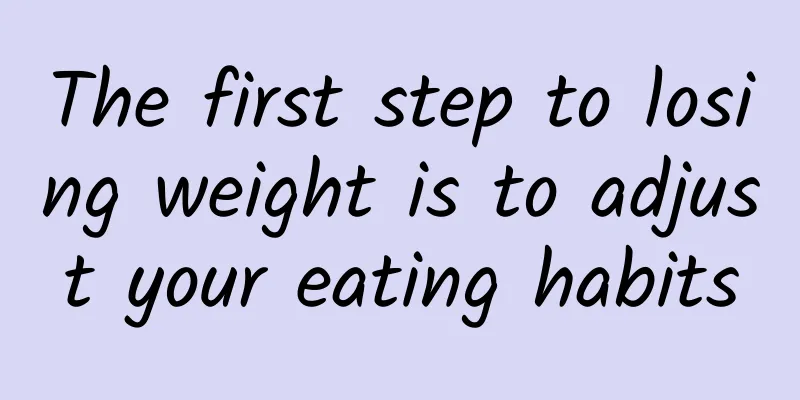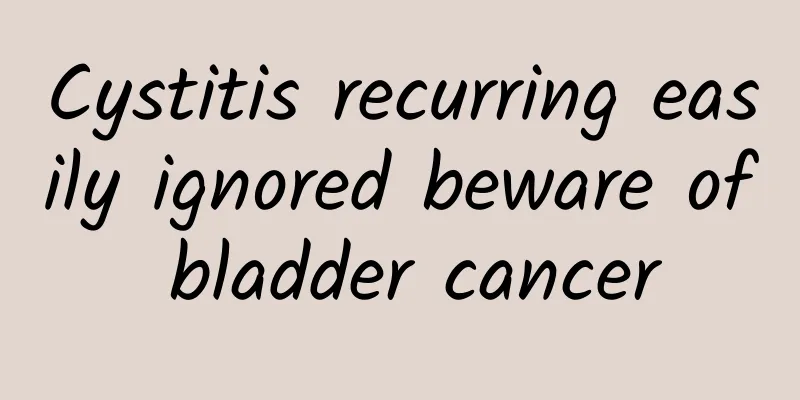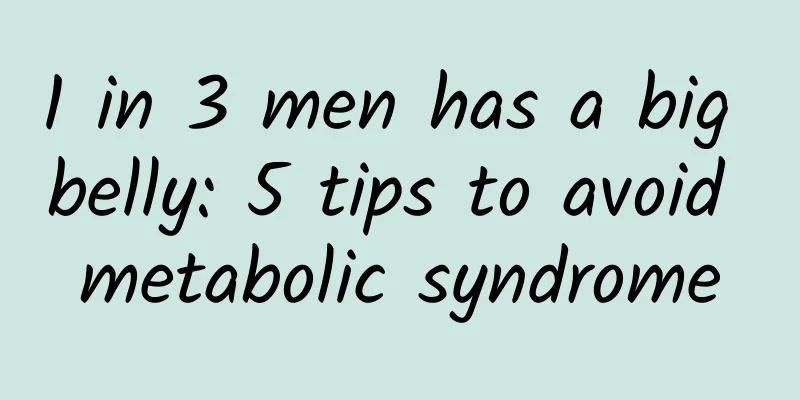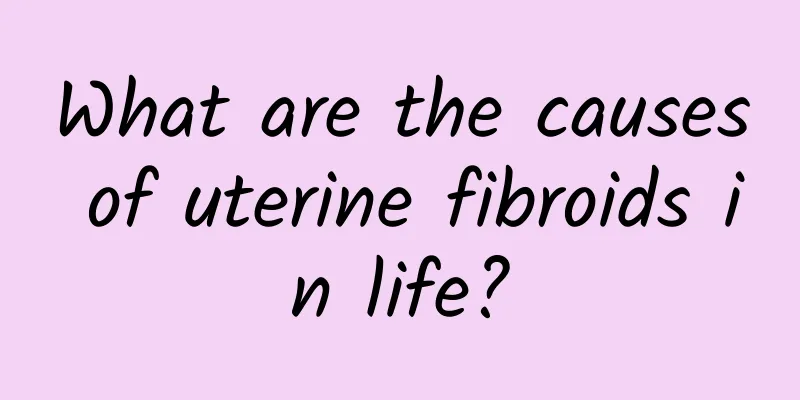Watch the time and eat good food! Hormones make it easier to lose weight
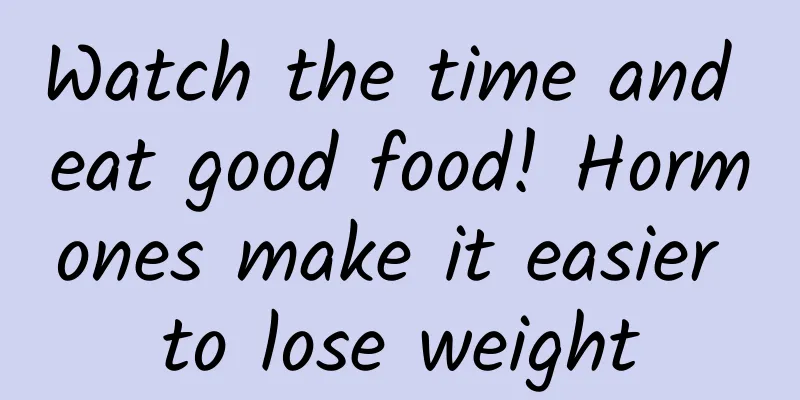
|
In addition to focusing on what foods can clear toxins and what foods can restore our body and strengthen the hormones in our body, it is also extremely important to know "how" and "when" to rebalance our hormones. The timing, portion sizes, and types of food you eat have a significant impact on your hormones and metabolism. Next, we will focus on what foods to eat and when not to eat them, so as to utilize the operation of hormones to achieve weight loss. There are three important techniques for rebalancing: "eat every four hours", "eat until you are full, but not overeating", and "combine foods correctly". Let’s take a look at them one by one! Tip 1: Eat every 4 hours You must eat three meals a day plus a snack: breakfast, lunch, afternoon tea, and dinner. Every day, without compromise. I know everyone's meal schedule is different, and I want you to do it your way (you'll always know your body better than I do), but I have three iron rules for eating that you must follow. They will help you restore your body's original hormonal rhythms and instinctive calorie-burning patterns. Go to the breakfast table at all costs to jump-start your metabolism: Studies show that eating breakfast is one of the most effective ways to achieve a healthy weight and maintain stable glucose and insulin levels. In fact, women who skip breakfast are 4.5 times more likely to be obese than those who eat breakfast. A five-year follow-up study of 2,000 teenagers, from the age of 15 to 20, found that children who ate breakfast every day actually consumed more calories than those who did not eat breakfast regularly - but they were still lighter. A Dutch study found that eating a breakfast rich in "complex" carbohydrates can make you feel satisfied and fuller for longer, partly because breakfast can reduce hunger hormones by 33 percent. Eat every 4 hours so your body doesn't feel like you're missing a meal: When you eat every four hours, your body doesn't have a chance to remember the food, so it won't feel like you're not eating enough. If you feed your body every four hours, you can avoid storing a lot of fat due to the "one meal and no next meal" eating habit. The most important thing about regular eating is that it stabilizes the blood sugar and hormones in the body. Your blood sugar will remain stable throughout the day because the food portions are small and the insulin level will not rise dramatically. Your body believes that there will be food to replenish it, so it will happily help you burn calories and believe that you will have food to eat later. Additionally, eating every four hours keeps your hunger hormones in check and your leptin levels stable, two hormones that are responsible for making you feel hungrier after you miss a meal and subsequently overeating. Never eat after 9pm to avoid converting calories directly into fat: especially avoid eating carbohydrates. One of the biggest problems caused by not eating during the day is that it causes you to overeat at night. People who skip meals during the day and eat a large meal between 4 and 8 p.m. will end up with some less-than-lucky physical examination data: higher fasting blood sugar, higher overall blood pressure, higher hunger hormones, and impaired insulin response (indicating insulin resistance). Scary, right? Cortisol, the hormone responsible for storing fat in the body, decreases after breakfast and lunch, but not after dinner; consuming more calories at night will cause more fat on the belly because there are more cortisol receptors on the belly than in other parts of the body. Consuming a lot of calories at night will also increase the bad low-density lipoprotein and decrease the good high-density lipoprotein. Don't eat before going to bed. The muscle glycogenolysis storage bodies will be replenished when you eat during the day, so at the end of the day, the muscle glycogenolysis storage bodies are full. When you sleep, you will not burn any extra calories or use the contents of these muscle glycogenolysis storage bodies for seven to eight hours, so the calories you consume at night will be directly converted into fat. Tip 2: Eat until you are full, not full This diet plan is not just about calories. Once your diet returns to the nutrients your body needs, nutrition will help you control portion size. But if you are still adapting to this approach, you need to consider the advantages of balancing "calorie intake" again. Eat until you are full to get your metabolism going: You need to eat enough to stimulate your metabolism. If you consume too few calories, you will overload your thyroid gland and force your body to eat less and do more. That being said, all-you-can-eat fast food isn't the way to go. When you eat healthy, fresh, whole, unprocessed foods all you can eat, you'll find that the calories you consume are within the perfect range, not too much and not too little. Extreme dieting causes the body to start eating its own muscle. After about four days of drastically reducing calorie intake, leptin levels in the blood dropped by nearly 40 percent; after a month, the drop was 54 percent. Eating nutrient-dense, high-fiber/high-water-content superfoods can also help you feel full without worrying about overeating. Don't eat too much and avoid expanding your stomach: Eating four small meals a day can help your stomach shrink back to its original size, so you will eat less and feel full faster. To train yourself to eat less, use a salad plate or a small bowl instead of a larger dinner plate. Because when you get a smaller portion, you have to make a careful decision after finishing the food on the smaller plate before reaching for more food. When you spread the calories you get from a large meal over the entire day, all the cells, organs, endocrine glands, and hormones in your body can do their jobs more easily. Tip 3: Proper food pairing I don't know what you think, but I really don't like the topic of zero carbs, low carbs, zero fat, and high fat all the time. Balance is what we need, and our body is built for balance. We need fat, and the right amount of fat can help us lose weight: fat can provide valuable concentrated energy, and they can also provide the necessary raw materials for the formation of cell membranes, various hormones and hormone-like substances. Fats slow down the absorption of nutrients so you don't feel hungry as quickly, and they help metabolize sugar and insulin, which can help you lose weight. Without fat, carbs send blood sugar and insulin levels careening up and down like a roller coaster. Good protein can help maintain long-term weight loss results: the mere act of eating protein can help you burn 35 percent more calories during digestion. Protein stimulates the secretion of the satiety hormone cholecystokinin and lowers the level of hunger hormone. When you eat carbs alone without protein, your insulin levels go through the roof. We need to eat carbohydrates to survive, and the key is to choose the right ones: humans cannot live without carbohydrates. Carbohydrates provide us with energy. Without them, we cannot think, walk, dance, drive or do anything. One study found that women who severely restricted their carbohydrate intake for three days ate 44 percent more carbohydrates when they resumed their carbohydrate intake on the fourth day than they had on their initial carbohydrate intake. Carbohydrates are also a natural way to fight many diseases. Phytochemicals can only be found in plants - you can't get vitamin C from hamburger patties. Without carbohydrates, we'd be setting ourselves up for cancer, heart disease, metabolic syndrome, chronic inflammation, and digestive problems. Fiber, a carbohydrate that comes only from plants, helps the body eliminate toxins that have accumulated in tissues and have been playing tricks on our endocrine system for years. Remember, it's all about good carbs: vegetables, fruits, whole grains. For more information, please refer to Persimmon Culture (http://www.books.com.tw/products/0010628936) |
<<: 3R metabolic diet makes fat disappear automatically
>>: Top 10 delicious low-calorie fruits for summer weight loss
Recommend
How does Western medicine treat mycoplasma pelvic inflammatory disease?
There are many factors that cause mycoplasma pelv...
3 cold-weather stretching tips for runners to keep their knees below the ground
Although the weather is freezing, Chinese people’...
What are the hazards of bacterial vaginosis? There are 4 aspects of influence
If bacterial vaginosis is not treated in time, it...
How to effectively prevent vaginitis
Vaginitis is one of the common gynecological infl...
What women should know about the harm of cervical erosion to women
Do patients with cervical erosion know the danger...
What causes uterine prolapse?
Uterine prolapse, which is the descent of the ute...
What are the symptoms of ovarian cyst rupture?
A ruptured ovarian cyst may cause severe abdomina...
Introduction to non-surgical methods for treating cervicitis
There are many non-surgical methods for the treat...
Detailed description of the prevention methods of cervicitis
Before women have hymen, it serves as a protectiv...
The king of fruits, pitaya, fights aging and protects the stomach
[Key Points]: Pitaya, also known as the "aus...
Labor is definitely not equal to exercise! Doctors reveal: 3 reasons why exercise doesn’t make you lose weight
"Why haven't I lost weight after exercis...
How to eat at a convenience store? 10 good things for building muscle and reducing fat revealed
The most frightening thing during the fat loss pe...
How should women take care of themselves if they have chronic cervicitis?
How should women take care of themselves when the...
What situations constitute the dangers of cervical erosion?
What are the hazards of cervical erosion? Many pa...
A nutritional comparison between black sesame and white sesame: black sesame has the strongest effect on iron and calcium!
Sesame is an indispensable health tonic. Girls lo...

